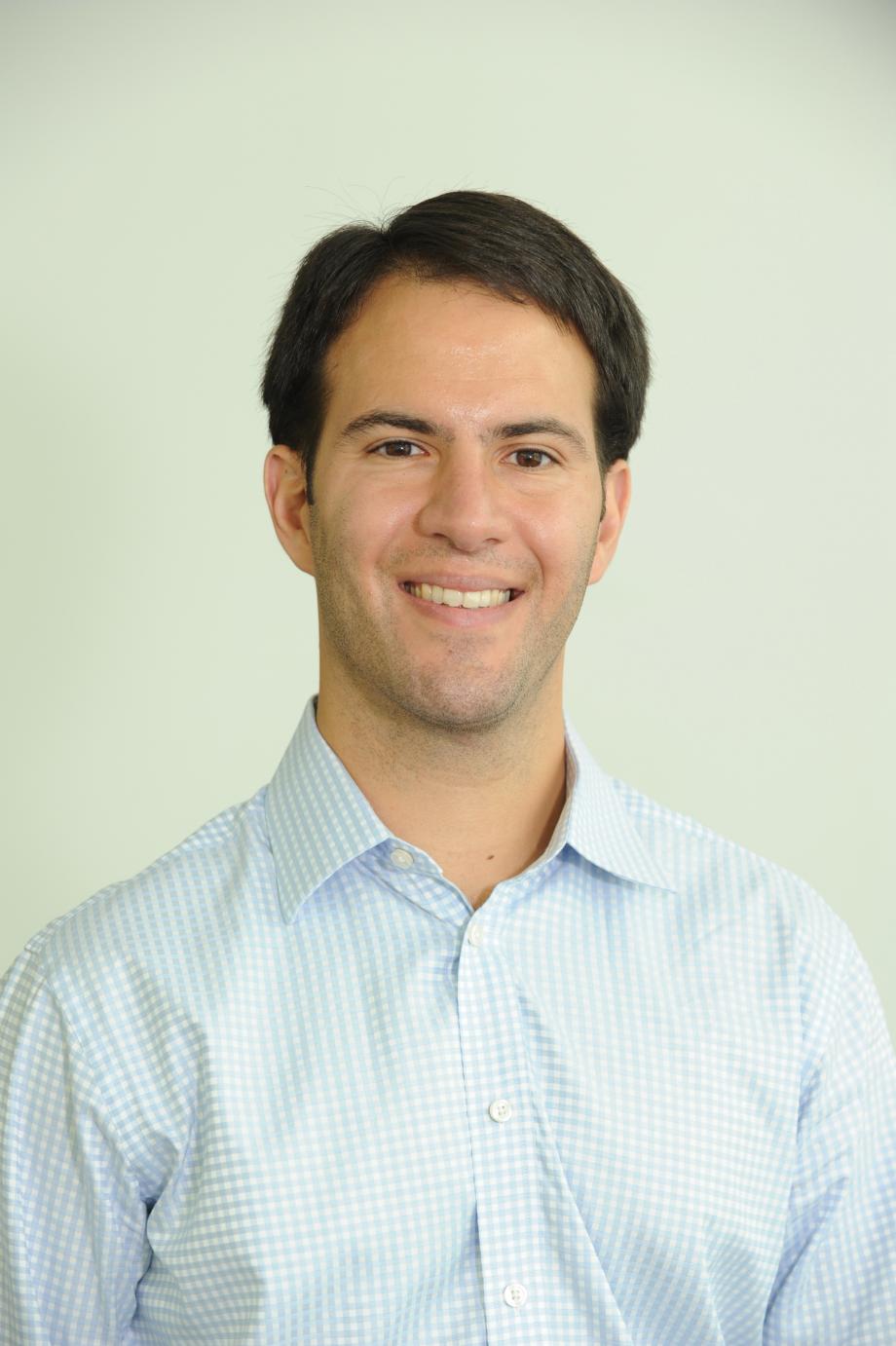Nicholas Stephanopoulos to join faculty

Nicholas Stephanopoulos, a rising star in election law, will join the faculty of the University of Chicago Law School as an Assistant Professor of Law in July.
Stephanopoulos is currently an Associate-in-Law at Columbia Law School, where he teaches a legal practice workshop to first-year law students and assists with the DrawCongress.org redistricting project.
“We’re so glad to bring Nick to Chicago,” Dean Michael Schill said. “Based on the work he’s already done and the intellect and energy he brings to his research, we’re confident he has a very bright future on our faculty.”
Professor Tom Ginsburg, the Leo Spitz Professor of International Law and Professor of Political Science, is co-chair of the Appointments Committee that brought Stephanopoulos to Chicago.
“Nick is one of the most promising young public law scholars in the country,” Ginsburg said. “He has the kind of broad engagement with ideas that we value.”
Stephanopoulos earned his JD at Yale Law School in 2006, where he won the Jewell Prize for best student contribution to a law journal. He served as editor-in-chief of the Yale Journal of International Law and as projects editor of the Yale Law Journal. He also holds a Master of Philosophy from the University of Cambridge (Pembroke College), and a bachelor’s degree in government from Harvard University.
After law school, Stephanopoulos clerked for Judge Raymond C. Fisher of the Ninth Circuit Court of Appeals in California. For three years, he worked as an associate at Jenner & Block LLP in Washington, where he drafted sections of Supreme Court briefs on topics including the Voting Rights Act, campaign finance, and criminal procedure.
His work will soon be published in the University of Pennsylvania Law Review and the Harvard Law Review. In “Redistricting and the Territorial Community,” slated for April’s issue of the Pennsylvania review, Stephanopoulos will argue that courts should resolve political gerrymandering disputes by examining the degree to which challenged districts correspond to organic geographic communities.
“Spatial Diversity,” set for the Harvard journal in June, uses a new measure of districts’ geographic heterogeneity to evaluate districts around the country, to assess recent Supreme Court decisions, and to investigate how districts’ internal composition is linked to the quality of participation and representation.
Stephanopoulos has written numerous editorials on election law and voting issues for popular publications as well, including several major newspapers.
“Nick is an outstanding scholar of voting rights and redistricting,” said Lior Strahilevitz, Deputy Dean. “His research will continue to grab the attention of election law lawyers, judges, and scholars.”
Stephanopoulos is a natural when presenting research and answering tough questions, Strahilevitz said.
“I expect him to be a dynamite teacher, and one who fills important curricular needs for the Law School,” he added. “We are thrilled to have him.”
Stephanopoulos said he’s happy to be here too.
“Chicago’s intense intellectual atmosphere, the faculty’s deep engagement with one another’s work, the school’s emphasis on the intersections between law and social science – all of these characteristics make me confident that I’ll thrive in the years ahead. There’s no place in America I’d rather be starting my academic career.”